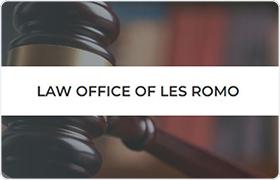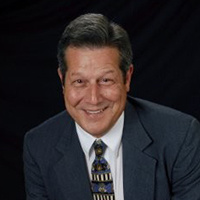Buda Estate Lawyer, Texas, page 3
Sponsored Law Firm
-
 x
x

Click For More Info:
-
Law Office of Les Romo
102 West Morrow Street Suite 202 Georgetown, TX 78627» view mapEstate Law Helping You Understand Your Options
Attorney Les Romo can help protect your interests and resolve your legal issue in the best possible way. Attorney Romo is dedicated to vigorously representing his clients.
800-769-7481
Gary L Mann
Social Security, Wills, Elder Law, Administrative Law
Status: In Good Standing Licensed: 33 Years
Margaret M. Menicucci
Commercial Real Estate, Wills, Clean Air Practice, Environmental Law Other
Status: In Good Standing Licensed: 33 Years
Carlos Oviedo
Bankruptcy, Gift Taxation, Administrative Law, Immigration
Status: In Good Standing Licensed: 33 Years
Robert Brian Daniel
Power of Attorney, Wills & Probate, Trusts, Adoption, Collection
Status: In Good Standing Licensed: 26 Years
Jaime L. Flores
Employee Rights, Elder Law, Business & Trade, Wills
Status: Inactive Licensed: 36 Years
William T. Hall
Civil Rights, Estate Planning, Contract, Wills & Probate
Status: In Good Standing Licensed: 57 Years
Thomas Monroe Vandivier
Commercial Real Estate, Real Estate, Wills, Estate
Status: In Good Standing Licensed: 45 Years
 Les Romo Georgetown, TX
Les Romo Georgetown, TX Practice AreasExpertise
Practice AreasExpertise
